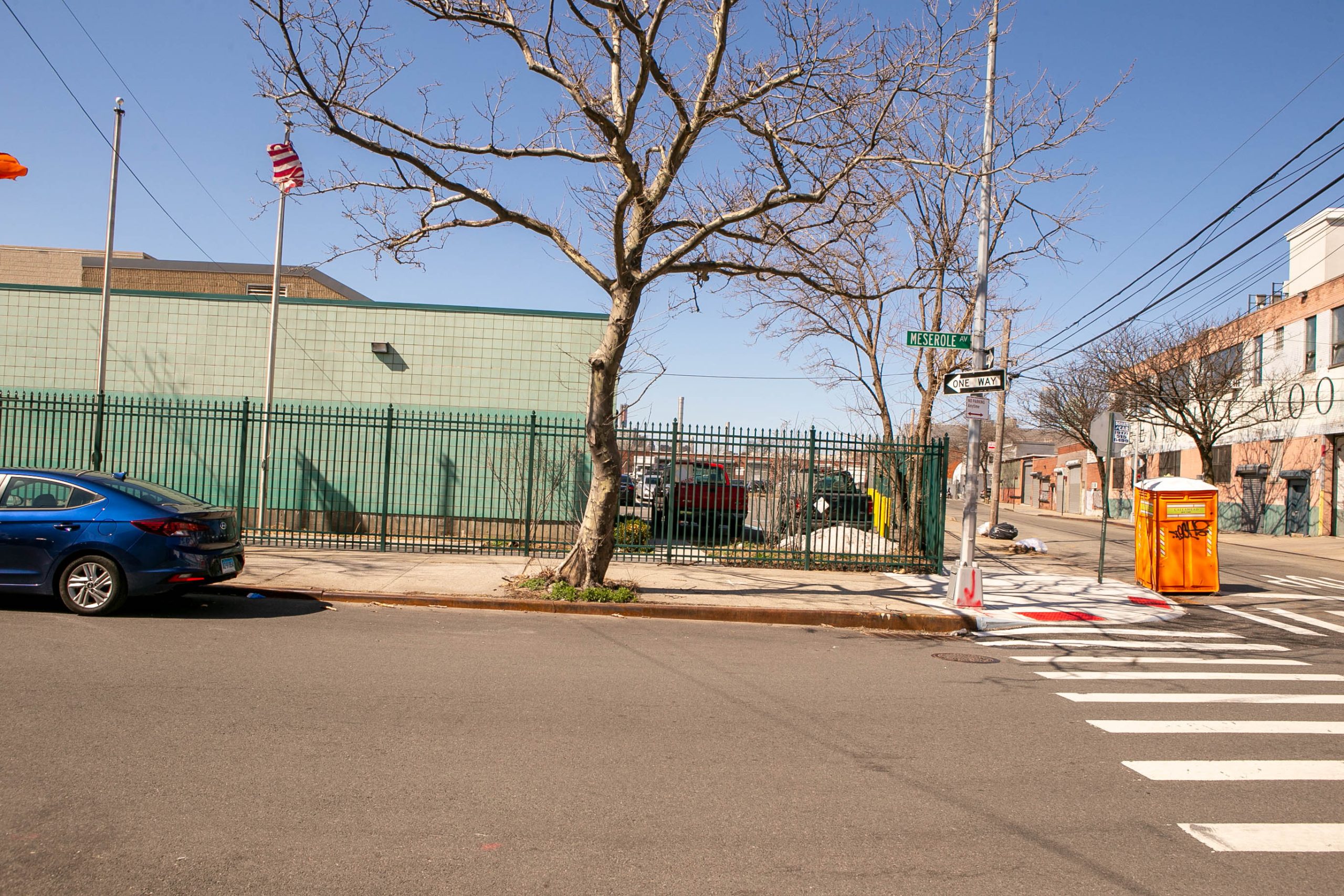When a medical office stops paying rent, closes its doors (with equipment and records still in the premises), and fails to communicate, what is a landlord to do?
May 31, 2023
My firm represented a landlord who had rented to a medical office. The lease was guaranteed personally by one of the doctors in the tenant-medical-practice. During the Pandemic, the medical office stopped operating, it went completely dark. The manager of the building in which the premises was located could see through the glass doors of the facility that medical equipment and what looked like shelves filled with patient files were left behind. All efforts to reach the medical practice or the guarantor went unanswered for weeks. I began a guarantor lawsuit against the guarantor, who did not show up in court.
In the meantime, I got a default judgment of possession and warrant of eviction against the tenant-medical-office. I hesitated before calling the marshal for an eviction, however, and carefully checked the New York City Department of Investigation, New York City Marshals’ Handbook of Regulations. Sure enough, the handbook requires a marshal to inquire with persons familiar with a medical office premises, prior to eviction, about whether there are any controlled substances in the premises. If a controlled substance is in the premises, the marshal must notify the DEA before proceeding and follow the DEA’s instructions to assure that the substance does not become available to unauthorized persons. Our problem persisted, however. Because the medical practice was radio silent, there was no one to inquire about whether controlled substances were left on the premises.
On default, I obtained a judgment against the guarantor doctor personally. That, and some luck, did the trick. The doctor’s counsel emerged and was a reasonable attorney. She carefully reviewed the very comprehensive affidavits of service of process of the guarantor lawsuit, which I had filed with the court, showing pictures of the lawsuit being served, as well as third-party GPS confirmation of the location to which the court papers were delivered, and proof of the requisite mailings. She concluded that it would be difficult to get the default judgment against the doctor opened, so therefore a settlement was quickly arrived at. My landlord client was paid a percentage of the amount owed, the medial practices’ personal property was removed from the premises, and the office was returned to landlord to (hopefully) receive a new tenant.
What is the lesson? The lesson is that medical offices, drug stores, and the like are always special evictions, with extra steps. The lesson is also that, when a commercial tenant does a complete disappearing act sometimes the only thing that gets tenant’s attention is a judgment personally against the guarantor, so it is best to move steadily toward that goal, even if you are skeptical that anything will ever be recovered.
Respectfully submitted,
Michelle Itkowitz






